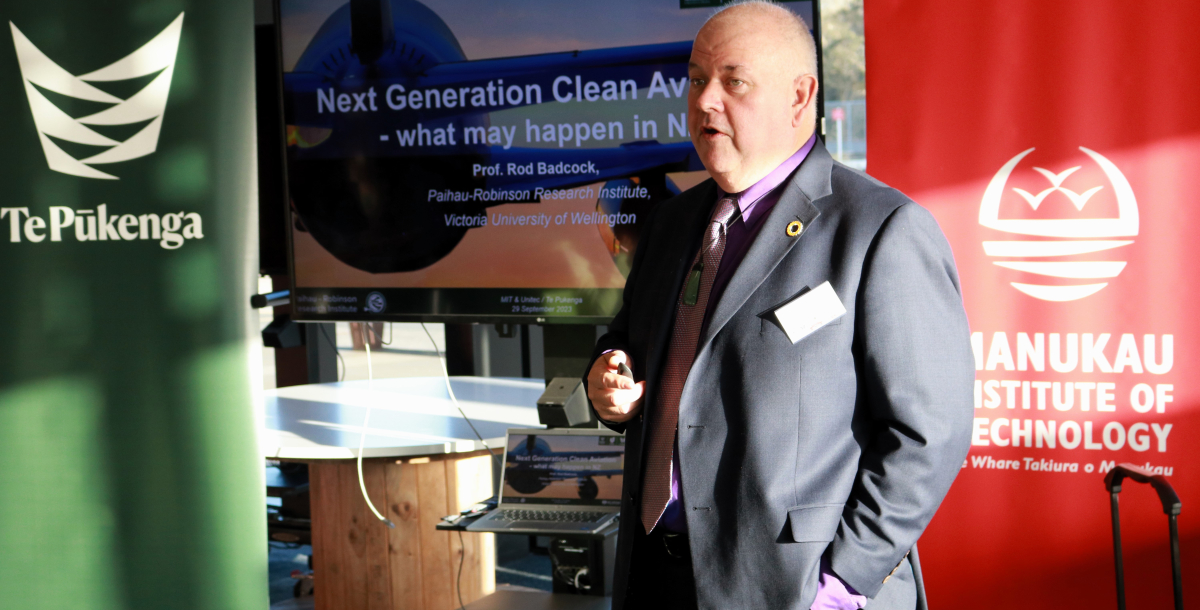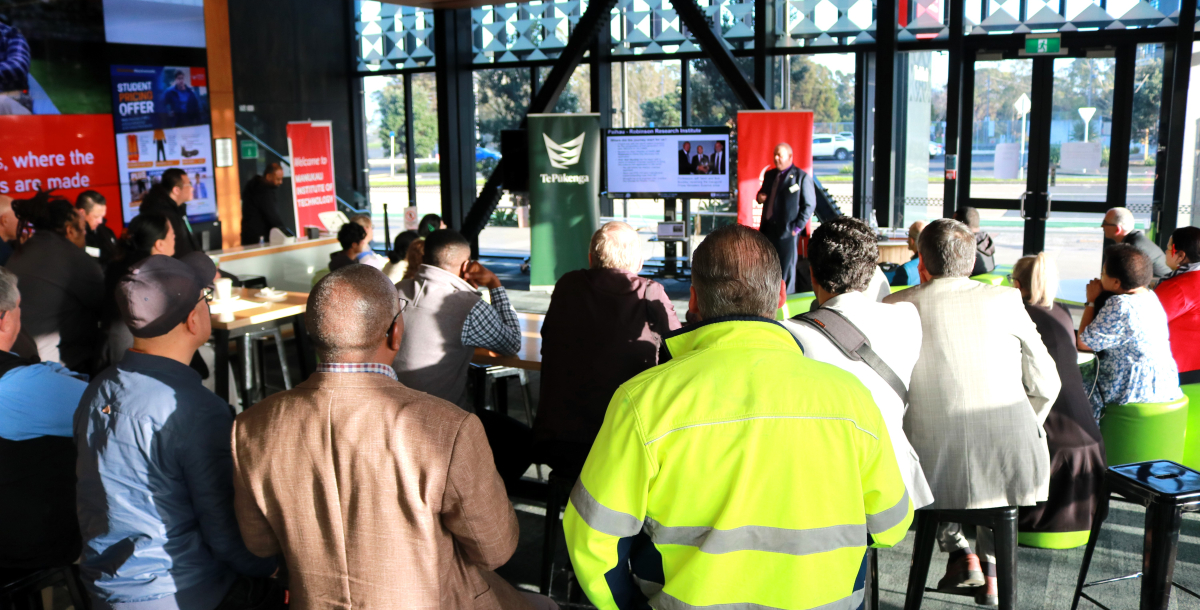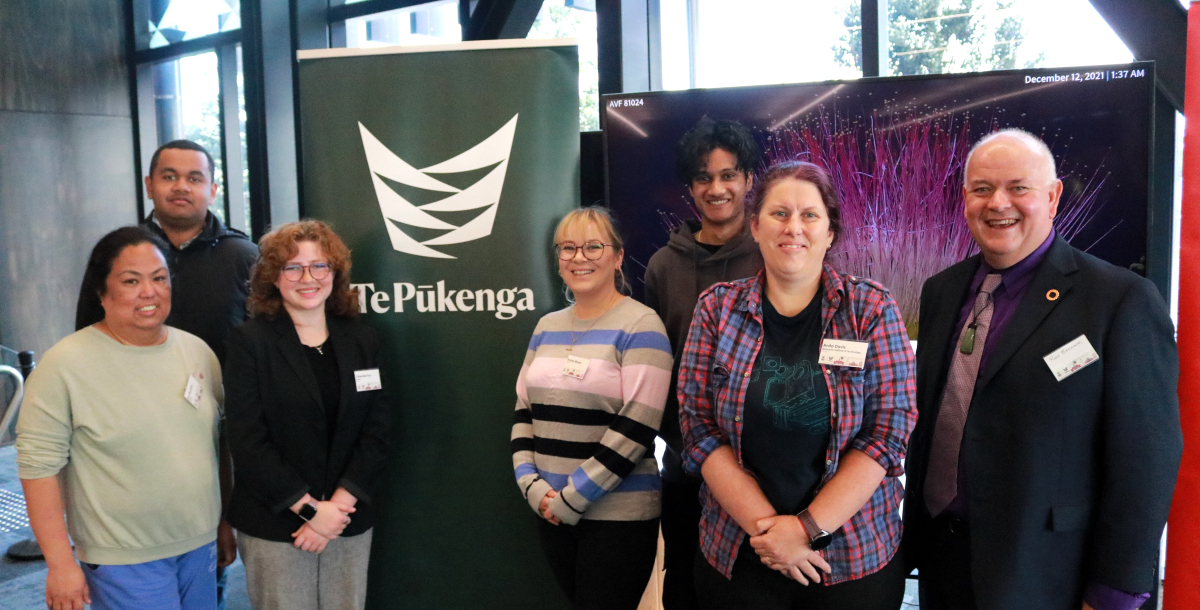
Ākonga (learners), kaimahi and industry partners of Te Pūkenga have heard about the important role vocational education has to play in developing an engineering workforce to build and maintain electrified planes, trains, trucks and ships.
Last week, Professor Rod Badcock of the Paihau-Robinson Research Institute, Te Herenga Waka - Victoria University of Wellington gave a seminar at MIT Tech Park, Manukau.
The research institute leads an initiative as part of the Advanced Energy Technology Research programme focused on high powered electric motors for large-scale transport.
“This project isn’t just Big Science,” says Prof Badcock. “The electric, cryogenic and superconducting trucks, ships, trains and planes of the near future will need skilled tradespeople to service and maintain them.”
“These skills will be needed throughout New Zealand, since transportation is inherently regional and the new, highly-skilled jobs will pay well,” he says.
Aotearoa New Zealand benefits doubly from advances in this field as both an exporter of the technology used in electrified heavy transport and as we pursue net zero carbon emissions by 2050.
Currently, with more than 90% of our electricity generated from renewable sources, lowering the 20% of greenhouse gases emitted by transportation is seen as a way of achieving our targets.
Te Pūkenga business divisions MIT, Unitec and Ara have been engaged as part of the programme to help develop new qualifications specifically designed for working with high temperature superconductors and connect ākonga with opportunities.
“Our national network enables us to extend these openings across the country, benefiting various communities, industry groups, and students,” says MIT senior lecturer Nick Kusari.
“Additionally, we offer scholarships and funded industry work placements to bridge the gap between theoretical knowledge and practical challenges in this emerging field,” he says.
This includes study support through Advanced Energy Technology Scholarships focused on groups with lower levels of participation in electrical engineering including Māori, Pacific and female learners.
“These scholarships are not aimed at the Dux,” says Prof Badcock. “These are aimed at your sister, your brother, your niece, your daughter. They’re aimed at someone who can move into this area who might not otherwise have done.”
Seven scholarship recipients were present at the seminar, including Anita Davis and Villi Tuitoga, both studying Bachelor of Engineering Technology with MIT | Te Pūkenga School of Professional Engineering.
“It was really informative seeing who we are working with,” says Anita, who is in her 40s and has previously worked in IT support. “Air New Zealand, Pratt and Whitney, Airbus, Cambridge University. Some of this is going to be happening really soon. It’s amazing!”
“It makes you proud that little ol’ New Zealand is doing it again. We’re down here at the bottom of the world and we’re kicking it out of the park,” she says.
“For a lot of people, it looks pretty intimidating,” says 22-year-old Villi. “But you’ve just got to have the right teacher to explain it to you.”
The seminar ended with an invitation to the 36th International Symposium on Superconductivity in November which will attract global leaders in the industry to Wellington.




